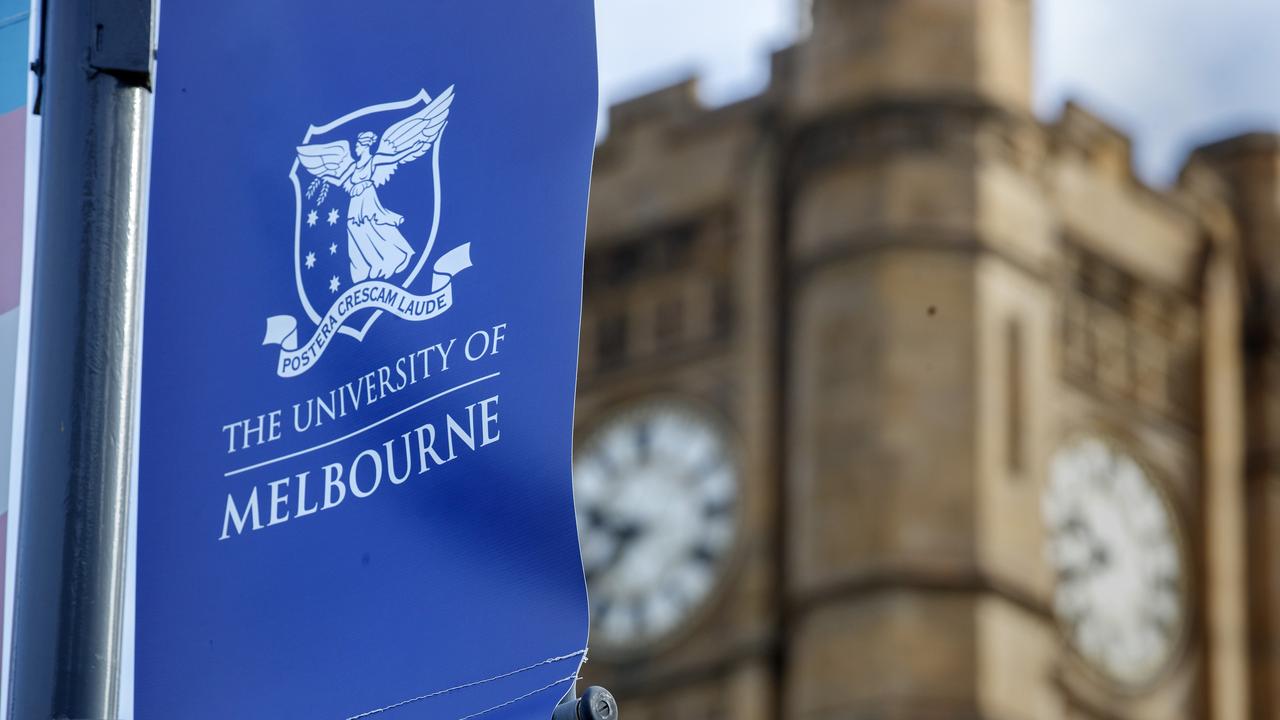It's not about extra cash but how schools spend it
THE way a school spends its money has a bigger impact on lifting student performance than does additional funding, new research has found.
THE way a school spends its money has a bigger impact on lifting student performance than does additional funding, with the greatest effect on results achieved by targeting resources on the transition from primary to high school and boosting principals' skills.
Australian-first research conducted by the Melbourne Institute analysing the spending patterns of schools and their students' results in national literacy and numeracy tests found that additional funding on students had only a "modest relationship" with improving students' test scores.
The way budgets were allocated in different categories mattered, with ancillary teaching staff important for students between Years 5 and 7, and spending on school leadership, primarily principals, linked to faster improvement in literacy skills in those transition years.
"The link between additional resources (more per-student expenditure, higher teacher salaries, or smaller class sizes) and improved educational outcomes is, at best, contentious," the study says. "The way schools allocate their budgets matters for their students' educational achievement, particularly with respect to achievement growth between Years 5 and 7.
"Our results suggest that if the goal is to improve literacy and numeracy levels, more - not less - should be spent on school leadership and management in middle-school years."
The research, commissioned by the Victorian Education Department, follows analysis in The Weekend Australian on Saturday that governments have more than doubled schools spending over the past two decades but student results in national and international literacy and numeracy tests have failed to improve.
The study bolsters the new federal government's policy to increase the level of autonomy in public schools, with Tony Abbott and Education Minister Christopher Pyne committing the government to turning one in four government schools into independent public schools, with principals given control over hiring staff and budgets.
Government school principals in Victoria have enjoyed this level of autonomy for more than 20 years, and lead author of the study, Melbourne Institute director Deborah Cobb-Clark, said her research showed the decentralised decision-making by the state's principals had "resulted in spending patterns that are broadly efficient".
"On balance, our results support political initiatives to give schools greater flexibility in resource allocation," the study says.
"These results lend weight to calls for educational reforms which provide incentives for decision-makers, in our case school principals, to manage their resources well."
Professor Cobb-Clark and research fellow Nikhil Jha analysed schools' spending in five categories: leadership and management; expert teachers; inexperienced teachers; ancillary teaching staff including specialist music, art or language teachers and supervisors of student teachers; and non-teaching items.
Professor Cobb-Clark said the problem of spending more money in schools with no improvement in student results had been discussed by economists for the past 20 years and the mix of spending was important.
"It isn't just the amount of money that's spent; it's where you spend it," she said. "You can spend money in good ways, you can spend money in bad ways. Maybe the problem is schools not spending it in the right ways."
Professor Cobb-Clark said one of the features of the Victorian system was that principals' handling of their budget was monitored by the department and they were held accountable for their spending, and students' results.
"We don't know exactly which things work and there's probably not one thing that works all the time. Schools need to have flexibility to make adjustments if there are things not working or not working in this group or for a particular location," she said.


